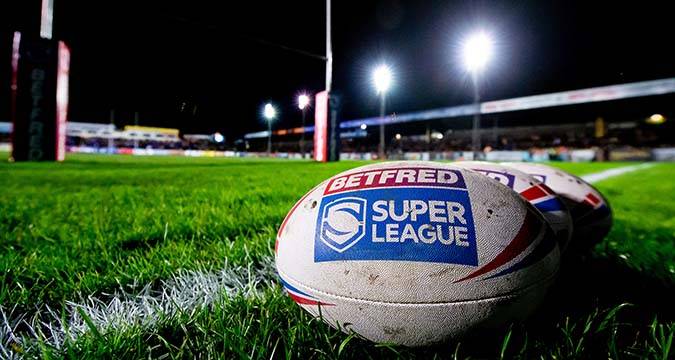 RUGBY LEAGUE's new partners IMG have denied that their proposals for grading clubs and guaranteeing a Super League place for clubs classed as Grade A is effectively a return to licensing.
Between 2008 to 2014, licensing was combined with the abolition of a formal promotion and relegation system and some observers believe that what IMG is proposi
RUGBY LEAGUE's new partners IMG have denied that their proposals for grading clubs and guaranteeing a Super League place for clubs classed as Grade A is effectively a return to licensing.
Between 2008 to 2014, licensing was combined with the abolition of a formal promotion and relegation system and some observers believe that what IMG is proposi IMG deny return to Super League licensing as London backed for big future
 RUGBY LEAGUE's new partners IMG have denied that their proposals for grading clubs and guaranteeing a Super League place for clubs classed as Grade A is effectively a return to licensing.
Between 2008 to 2014, licensing was combined with the abolition of a formal promotion and relegation system and some observers believe that what IMG is proposi
RUGBY LEAGUE's new partners IMG have denied that their proposals for grading clubs and guaranteeing a Super League place for clubs classed as Grade A is effectively a return to licensing.
Between 2008 to 2014, licensing was combined with the abolition of a formal promotion and relegation system and some observers believe that what IMG is proposi 